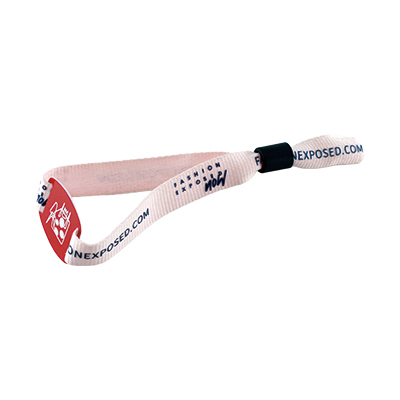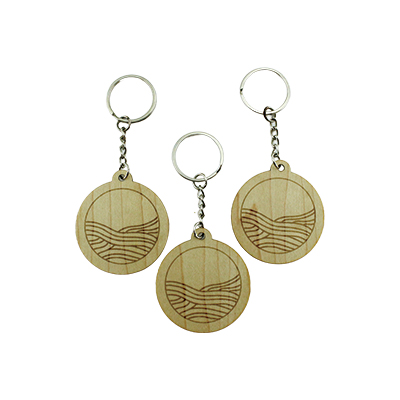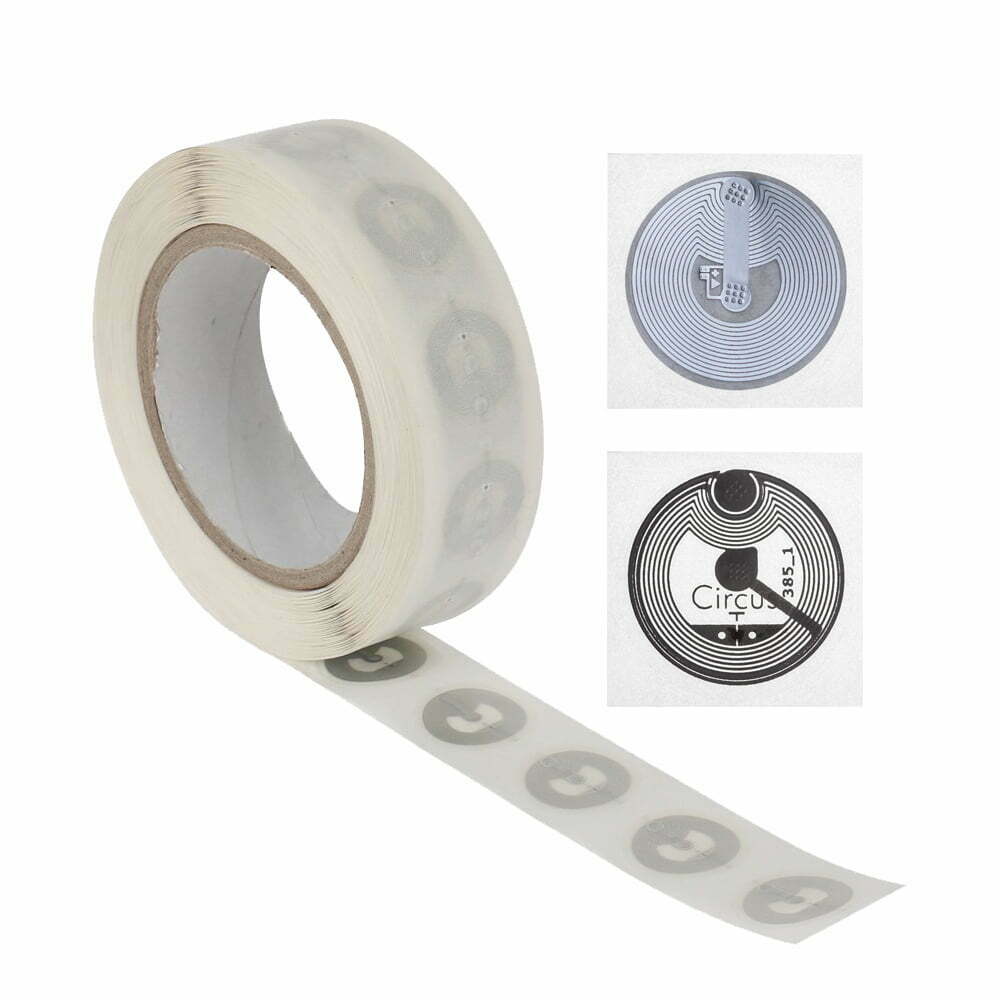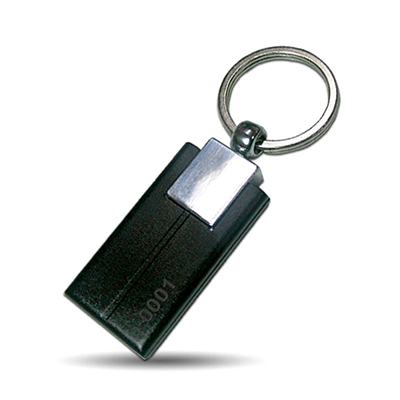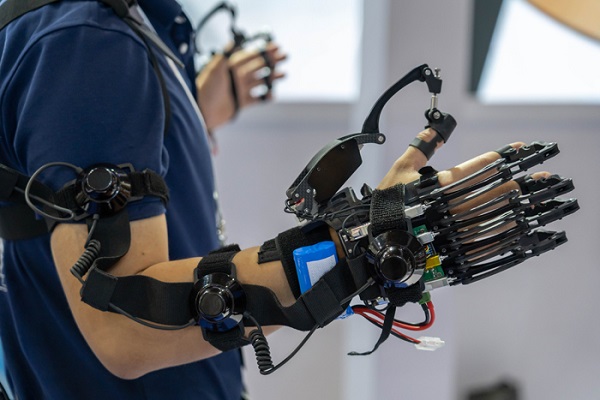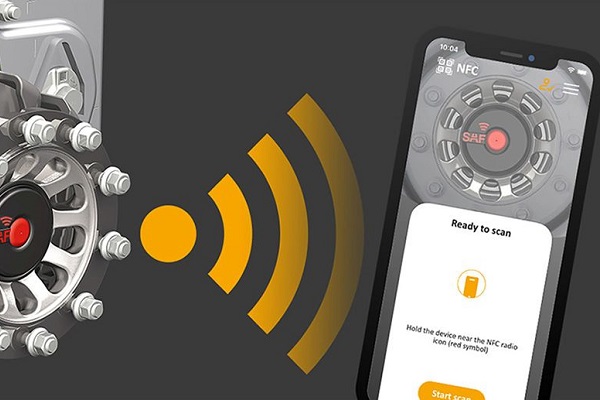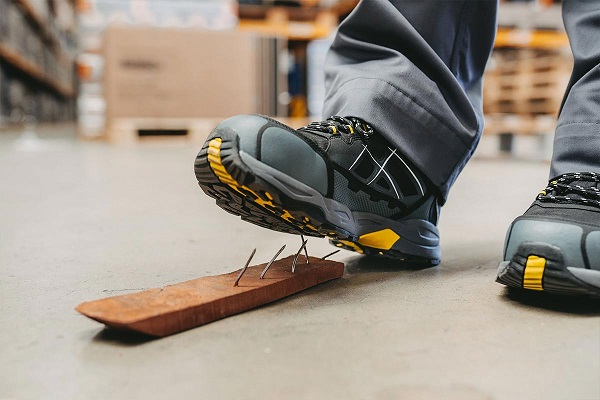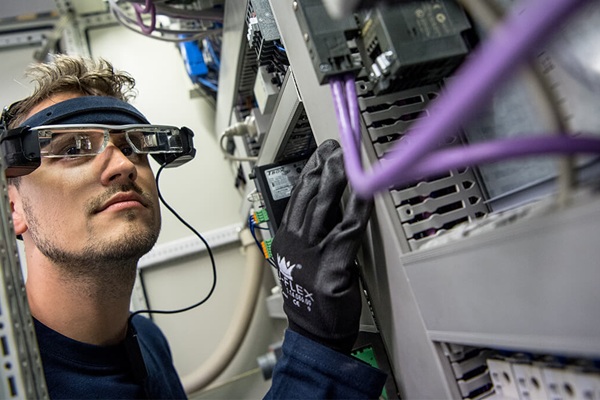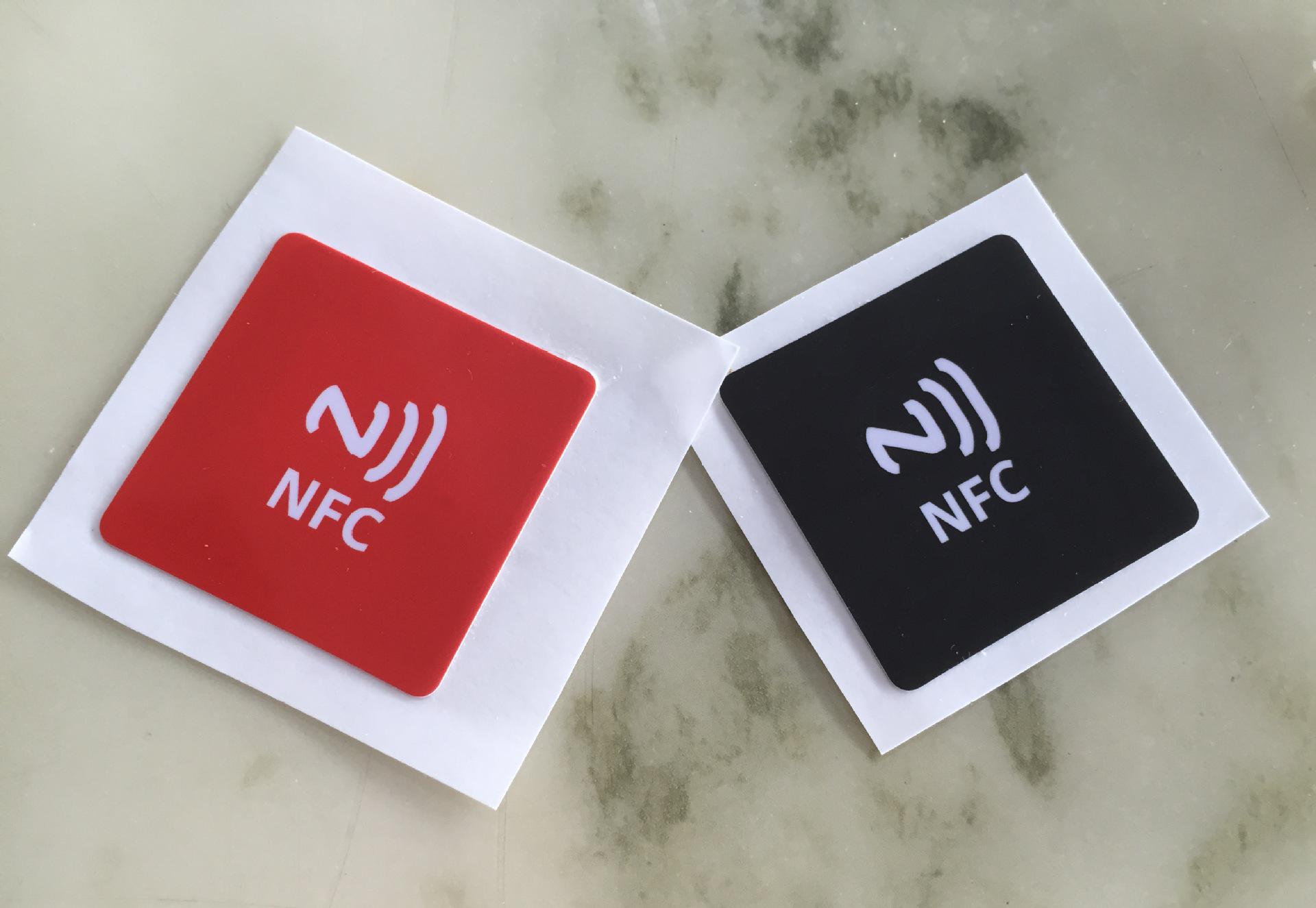
Etiquetas NFC: Uma nova arma para combater a falsificação em bens de luxo
In the luxury goods market, each piece carries the brand’s history, culture and craftsmanship. No entanto, at the same time, counterfeit and shoddy products are emerging in an endless stream, seriously threatening consumers’ rights and interests and the brand’s reputation. To address this challenge, the luxury goods industry has begun to actively explore new anti-counterfeiting technologies. Among them, NFC (Comunicação de campo próximo) tags, with their efficient, convenient and secure features, have become the new favorite for anti-counterfeiting identification.
Etiquetas NFC: A New Chapter in Anti-Counterfeiting
Tags NFC are smart labels embedded with tiny chips that exchange information with smart devices, such as smartphones, via short-range wireless communication technology. When consumers bring an NFC-enabled phone close to an Etiqueta NFC on a luxury item, the phone automatically reads the unique identification code or product information stored in the tag and redirects to the brand’s official verification page. With just a few simple steps, consumers can quickly confirm the authenticity of the product.
Authentic or fake luxury goods can be identified with just a touch.
1.Conveniência:
Compared to traditional anti-counterfeiting methods such as anti-counterfeiting codes and labels, NFC tags do not require scratching, inputting or scanning QR codes. A simple touch is enough for quick verification, greatly enhancing the consumer experience.
2.Uniqueness:
Each NFC tag has a unique identification code corresponding to each luxury item, ensuring accurate identification of every product and effectively preventing counterfeiting and replication.
3.Segurança:
NFC technology uses encrypted communication to ensure the security of information transmission, preventing data from being stolen or tampered with, providing consumers with a secure verification environment.
NFC Application Examples in the Luxury Goods Industry
LV: Since 2021, LV has introduced NFC chips in its branded luggage products. Consumers can directly verify the authenticity of the products through their mobile phones, enjoying a more convenient shopping experience.
Gucci: Gucci also adopts NFC technology. Consumers only need to bring their NFC-enabled mobile phones close to a specific area on the product to access the official website and verify the authenticity of the product information.
Prada: Prada uses NFC tags to store product numbers. Consumers can scan with specific software to obtain detailed product information, effectively preventing counterfeit products from entering the market.
With the continuous development and popularization of NFC technology, its application in the anti-counterfeiting field of luxury goods will become more widespread. No futuro, we can expect to see more luxury brands adopt NFC tags to achieve full-chain traceability of products from production to sales, further enhancing the credibility of the brand and the shopping experience of consumers.
The Future Outlook of NFC Tags
In conclusion, Tags NFC, with their unique anti-counterfeiting identification capabilities, are gradually becoming a new anti-counterfeiting weapon in the luxury goods industry. For consumers, this not only means a more convenient and secure shopping experience, but also a strong guarantee of brand reputation and consumer rights. Let’s look forward to more applications and innovations of NFC technology in the anti-counterfeiting field of luxury goods, so that every luxury item can shine with its due luster.



